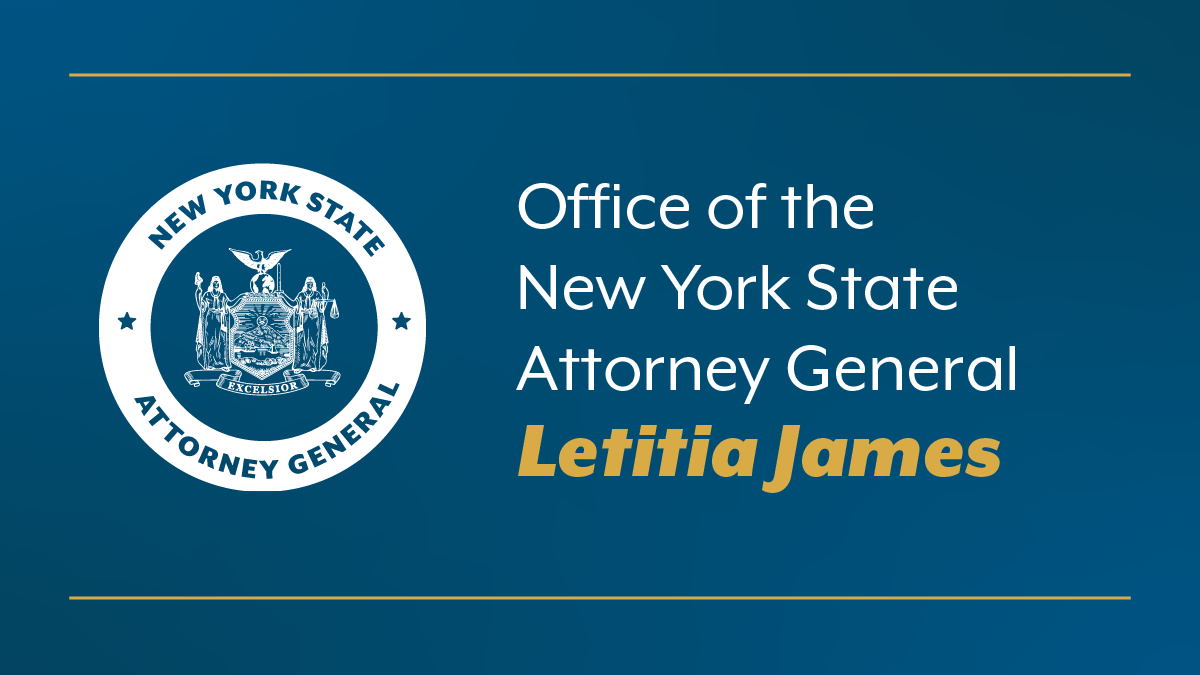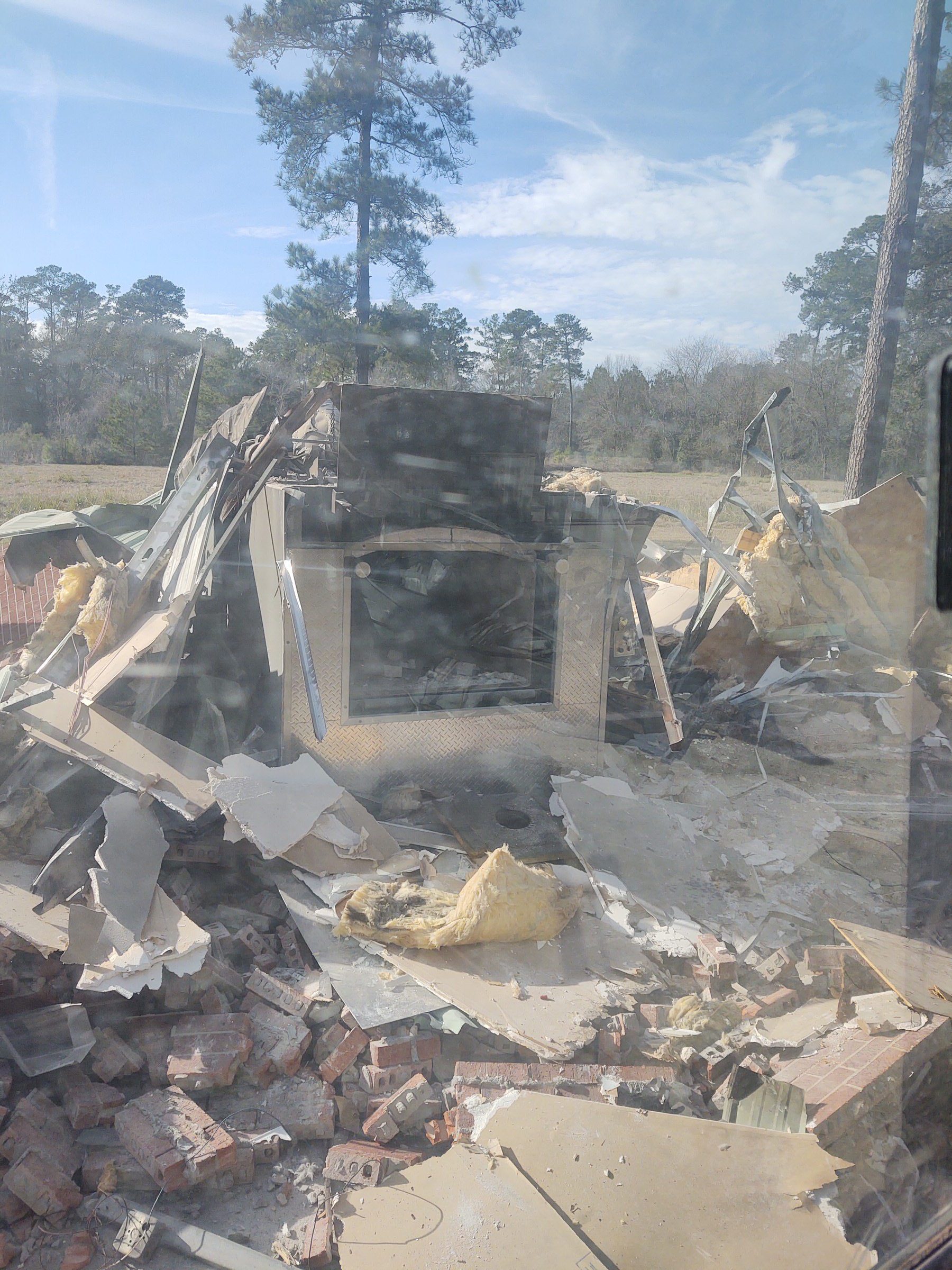

New York Attorney General and Department of Environmental Conservation Announce Settlement with FrieslandCampina Ingredients North America
Violation of Environmental Laws in Delhi, New York
New York Attorney General Letitia James and New York State Department of Environmental Conservation (DEC) Commissioner Basil Seggos have announced a settlement with FrieslandCampina Ingredients North America, Inc. (Friesland) over multiple violations of state and federal environmental laws at its facility in Delhi, New York. The violations resulted in the emission of dangerous air and water pollutants into the surrounding community, posing a significant risk to public health. The proposed consent decree, reached with the U.S. Environmental Protection Agency, the U.S. Department of Justice, and the state of New York, requires Friesland to achieve full compliance with environmental protection laws and pay a penalty of $2.88 million. Additionally, $1.44 million will be allocated to fund projects that benefit public health and the environment in the Delhi area.
Protecting Public Health and the Environment
Attorney General James emphasized the fundamental right of every New Yorker to clean air and water, as well as the obligation of companies to protect public health and the environment in all their operations. FrieslandCampina’s disregard for these obligations and the law put New Yorkers at substantial risk. This settlement reflects the ongoing commitment of the Attorney General’s office to protect the environment and hold those who violate environmental and public health laws fully accountable. The partnership between the Department of Justice, the New York Department of Environmental Conservation, and the Attorney General’s office has been instrumental in this effort.
Commissioner Seggos reiterated the commitment of the DEC to ensure the safety of New York’s air and water for all residents. The DEC will continue to work closely with state and federal partners to hold violators of environmental laws accountable. The joint enforcement action and substantial penalty imposed on FrieslandCampina will compel the company to improve its operations, safeguard Delhi residents, and support environmental projects in the surrounding community.
Violations and Environmental Impact
FrieslandCampina was found to be a major emitter of toluene, a toxic chemical listed as a hazardous air pollutant under the federal Clean Air Act. The company violated both the Clean Air Act and state laws by failing to accurately report toluene emissions, obtain proper air permits, and install necessary technologies to limit toluene releases. Toluene exposure can cause damage to the nervous system, kidneys, liver, and immune function. Furthermore, toluene emissions contribute to the formation of ground-level ozone, or “smog,” which is harmful to public health and the environment.
The water discharges from Friesland’s facility routinely violated the federal Clean Water Act by containing pollutants at levels that threatened drinking water supplies and the local aquatic environment. The facility discharged cooling water at temperatures exceeding permit limits and introduced untreated pollutants into the Village of Delhi’s wastewater treatment plant. These discharges ultimately reached the West Branch of the Delaware River, which is a world-class wild trout fishery and part of the New York City water supply system.
Enforcement Actions and Compliance
As a result of the enforcement actions by state and federal governments, Friesland has already invested approximately $6 million to achieve compliance with state and federal environmental requirements. This includes the installation of equipment to reduce toluene emissions by 95% and upgrades to process wastewater treatment. In the settlement, Friesland has committed to spending an additional $1.44 million to reduce its discharges of heated water into the West Branch of the Delaware River by 85%.
Continued Efforts to Protect the Environment
Attorney General James has been at the forefront of efforts to protect New Yorkers’ access to clean water and a clean environment. She recently joined a bipartisan, multistate coalition opposing a proposed settlement with 3M for contaminating drinking water supplies. In addition, she obtained a preliminary injunction against an aggregate manufacturing and hazardous waste incineration facility, requiring the installation of a dust control system to prevent harmful air emissions. Furthermore, Attorney General James led a lawsuit with Commissioner Seggos against 29 New York companies for illegal waste dumping. She also filed a lawsuit against three New York City bus companies for violating bus idling laws and causing significant air pollution. Additionally, Attorney General James led a coalition of attorneys general in suing the Trump administration for limiting the enforcement of environmental protection laws.
Conclusion
The settlement with FrieslandCampina represents a significant step towards ensuring compliance with environmental protection laws and safeguarding public health in Delhi, New York. The partnership between state and federal agencies has been crucial in holding violators accountable and promoting sustainable development goals. The allocated funds will support projects that benefit the environment and improve public health in the Delhi area.
This matter is being handled by Affirmative Litigation Section Chief Morgan A. Costello of the Environmental Protection Bureau, under the supervision of Bureau Chief Lemuel M. Srolovic. The Environmental Protection Bureau is part of the Division for Social Justice, led by Chief Deputy Attorney General Meghan Faux and overseen by First Deputy Attorney General Jennifer Levy. Henry Tranes, Senior Attorney in the Bureau of Climate, Air, and Energy within DEC’s Office of General Counsel, and Mark Lanzafame, Chief of the Permitting and Compliance Section, Bureau of Stationary Sources, Division of Air Resources, led the investigation for DEC.
SDGs, Targets, and Indicators
| SDGs | Targets | Indicators |
|---|---|---|
| SDG 3: Good Health and Well-being | Target 3.9: By 2030, substantially reduce the number of deaths and illnesses from hazardous chemicals and air, water, and soil pollution and contamination | – Violations of the Clean Air Act and state laws by emitting toluene, a hazardous air pollutant – Violations of the Clean Water Act by discharging pollutants that threaten drinking water supplies and the local aquatic environment |
| SDG 6: Clean Water and Sanitation | Target 6.3: By 2030, improve water quality by reducing pollution, eliminating dumping, and minimizing release of hazardous chemicals and materials | – Violations of the Clean Water Act by discharging pollutants into the West Branch of the Delaware River – Commitment to reduce discharges of heated water into the river by 85% |
| SDG 11: Sustainable Cities and Communities | Target 11.6: By 2030, reduce the adverse per capita environmental impact of cities, including by paying special attention to air quality and municipal and other waste management | – Violations of the Clean Air Act by emitting toluene, contributing to ground-level ozone and harming public health – Violations of state laws by failing to accurately report emissions and obtain proper air permits |
| SDG 13: Climate Action | Target 13.2: Integrate climate change measures into national policies, strategies, and planning | – Violations of the Clean Air Act by emitting toluene, a contributor to the formation of ground-level ozone (smog) – Commitment to reduce toluene emissions by 95% through the installation of equipment |
Behold! This splendid article springs forth from the wellspring of knowledge, shaped by a wondrous proprietary AI technology that delved into a vast ocean of data, illuminating the path towards the Sustainable Development Goals. Remember that all rights are reserved by SDG Investors LLC, empowering us to champion progress together.
Source: ag.ny.gov

Join us, as fellow seekers of change, on a transformative journey at https://sdgtalks.ai/welcome, where you can become a member and actively contribute to shaping a brighter future.






